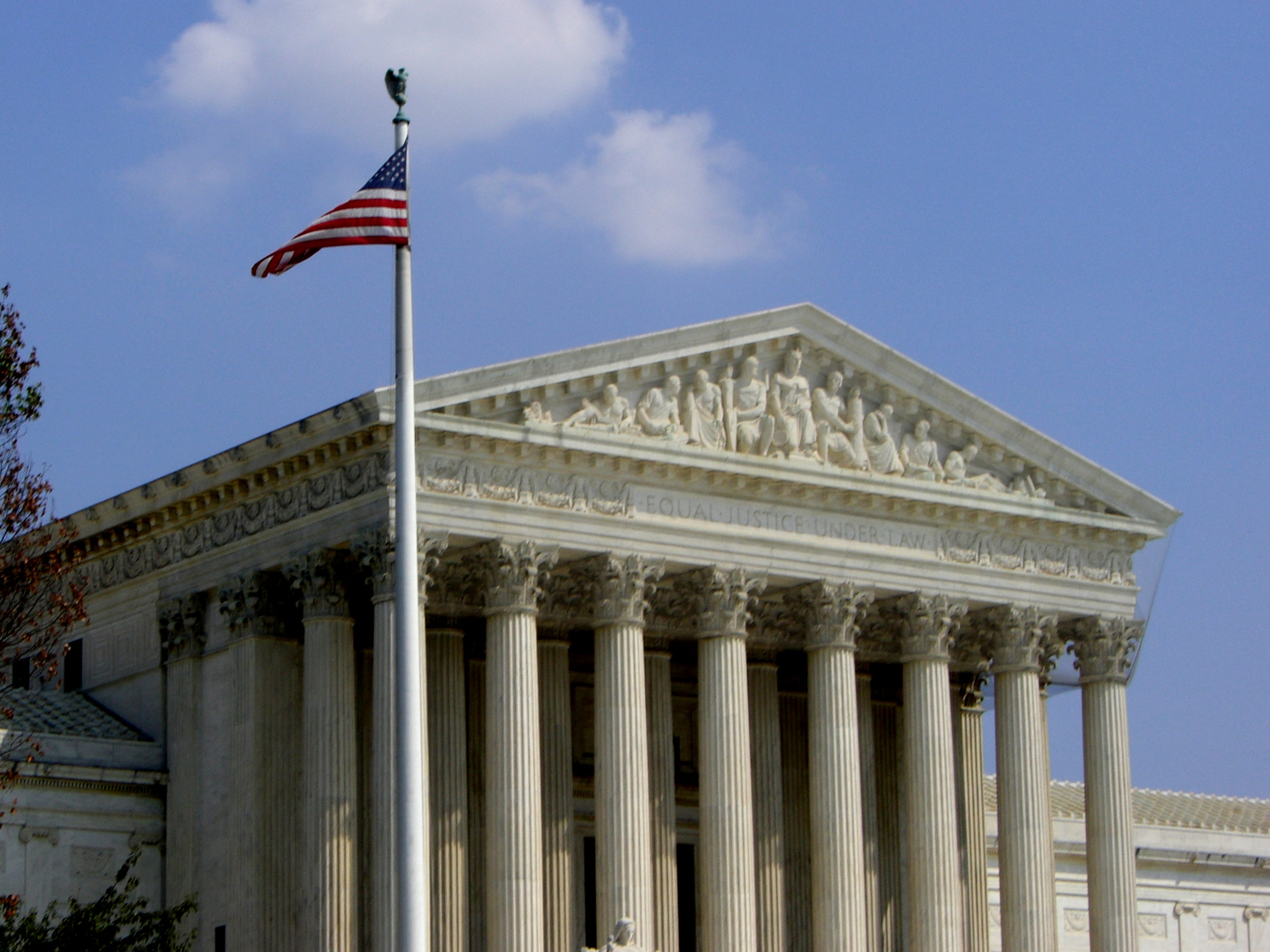
Impact of The Supreme Court’s Pending Decision on Implied Certification Theory

…
“This is a theory made up by the plaintiffs’ bar in the last 22 years, and it has run amok. There is a parade of horribles in the light green amicus briefs. There is a parade of horribles in the red in the dark green amicus briefs. Their parade of horribles is that it would be AOK to do these things. It’s not AOK to do these things.”-Id. Page 54. Lines 6-12
So said Roy T. Englert, Jr. at the Supreme Court on behalf of the Petitioner Universal Services, Inc. Universal was the Defendant in the underlying False Claims Act Case of U.S. and Massachusetts Ex. Rel. Escobar and Correa v. Universal Services, Inc.
This is potentially the most consequential False Claims Act case heard in many years, because it will decide about “implied certification.”
At the most basic level what does it mean when somebody bills the government? Do they imply anything at all when they ask for the money? Implied certification is a relatively recent name for the relatively old idea that, if you ask for payment for doing something you are implying you did it.
Lawyers for the petitioner and their amici want to say no. It’s either on the bill as an express statement made to the government or it essentially should not be actionable under a False Claims Case. So a gun has to have a bill attached to it that says expressly this gun will shoot, or it would not be fraud under the False Claims Act, even if it was sold to the Army and even if you knew it would not shoot when you sold it to them.
Laugh if you want, but this is the question Justice Sotomayor essentially put to the petitioner and Englert first said it’s a contract breach. Reading the transcript of this is, well, breathtaking.
Sotomayor: So providing a gun that doesn’t shoot to the Army is simply a contract breach? Englert: I don’t know Justice Sotomayor. It depends on the facts of the case.
Sotomayor: What more facts do you need? Government contracted for guns. All of a sudden you deliver guns that don’t shoot. That — those are the facts that led to this Act.
Englert: The additional facts I need are what was stated in the claim, what was stated in the regs, what were the reasonable understandings of the contracting parties. And I’m not making factors up as – –
– pp. 12-13
No he’s not making them up. The questioning goes on from there with Justice Kagan also trying to find an answer…
Yet, this theory and the cases brought under it are horrible? A plaintiff lawyer’s trick, he called it.
As False Claims Attorney David K. Colapinto asked after attending this hearing…Horrible for whom? (David has impeccable grammar).
First of all let’s examine the facts of the Escobar case. Presumably the Defense objection would put this case too in the category of “horrible,” since they are taking it all the way to the Supreme Court to fight it on these specific grounds.
They claim it is “horrible” that in billing the government for their services the Defendants were subject to certain implied statements. Those implied certifications come from contracts they signed to do business with the government in the first place, regulations and maybe even as err implied by various Justices something akin to common sense.
The allegations in this case are that unqualified, unlicensed medical supervisors did not actually supervise mental health providers. The Relators are parents of a woman who died in the care of the Defendants, and the Defendants billed the government for the care.
Should a doctor have to be a licensed doctor to bill the government? Do we really need a statute to tell us that? I’m sure there is one that says a doctor has to be licensed to practice, somewhere, so is it a stretch to say they can’t also bill the government, or that it is fraud when they do bill the government as if they were licensed doctors?
Could Attorney Roy T. Englert, Jr. have billed his clients if he was an unlicensed attorney arguing in front of the U.S. Supreme Court? His clients did not die.
Horrible?
Escobar and Correa lost a daughter, but gee the Defendants might have to figure out they are liable for cheating the government, if they bill for doctors who are not licensed to practice medicine.
Horrible for whom? Indeed.
I note my support for Relators Correa and Escobar their attorneys of Thomas Greene and David C. Frederick who handled the case, none of whom I have had the pleasure of meeting.












